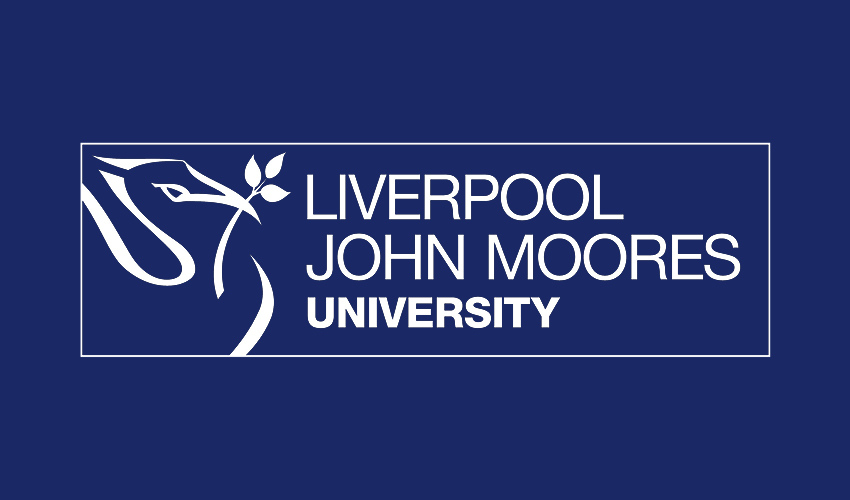About Msc Clinical Exercise Physiology in Liverpool John Moores University
The Clinical Exercise Physiology MSc focuses on the practical application of research, including an introduction to phlebotomy and immediate life support.
- Choose this course developed by world-leading academics in our pioneering School of Sport and Exercise Sciences
- Benefit from a small class size - student numbers are capped at 20 for this highly competitive course to give you dedicated access to staff and facilities
- Use state-of-the-art laboratories in our award-winning Tom Reilly Building
- Enjoy a combination of invaluable practical experience (including a substantial clinical placement) and theoretical learning
- Access cutting-edge equipment, including 12-lead ECG and cardiopulmonary stress exercise testing equipment. We also house several ultrasound machines – echocardiography and vascular physiology – and we are world leaders in utilising this equipment in a practical-based setting
- Look forward to enhanced job opportunities in NHS and private clinical physiology
zThere has never been a more exciting time to undertake an MSc in Clinical Exercise Physiology. Exercise now represents one of the world’s major businesses and scientists have an increasingly prominent role in working with healthy and clinical populations to maintain healthy lifestyles and reduce disease.
This Masters programme is ideal if you want to go on to specialise in exercise physiology in a clinical setting. The course provides a detailed knowledge of physiology applied to clinical contexts, but is also designed to extend your knowledge beyond ‘classical’ exercise physiology studies and into novel techniques and theories underpinning exercise physiology and health.
You will gain extensive practical experience in key physiology laboratory tests such as ECG and cardiopulmonary testing. You will also develop a good understanding of modern and novel ultrasound assessments of cardiovascular function. Academic development is provided in fundamental scientific techniques including research methods, statistical analysis and scientific communication.
Entry Requirements
English language requirements
-
IELTS :6.0 Overall with 5.5 in each component
-
TOEFL IB : 78 Overall with R18, W17, L17, S20
Liverpool John Moores University Highlights
| Type |
Public University |
| Campus Setting |
Urban |
| Establishment year |
1823 |
| Location |
Liverpool, England |
| Student population |
23,200 |
| Faculties |
5 |
| Student to faculty ratio |
15:1 |
| Accommodation |
Available |
| Application mode |
Online |
| Document submission mode |
Online |
| Courses offered |
UG bachelor, PG masters PhD; certificates, dual degrees, distance learning, foundation+ |
| Official website |
www.ljmu.ac.uk |
| International scholarships |
Available |
| Work study |
Available |
Liverpool John Moores University Cost of Attendance
Given here is a detailed breakdown of the basic expenses.
| For Undergraduate Students |
| Foundation programmes |
GBP 11,000 |
| Classroom Based |
GBP 15,600 |
| Laboratory based |
GBP 16,100 |
| Industrial placement year |
GBP 3,650 |
| For Graduate Students |
| Laboratory based |
GBP 16,100 |
| Classroom based |
GBP 15,600 |
The weekly living expenses are tabulated below:
| Type of accommodation |
Price |
| Standard shared bathroom |
GBP 90 |
| Bronze En-suite |
GBP 127 |
| Standard En-suite |
GBP 112-114 |
| Self-contained studio |
GBP 169 |
